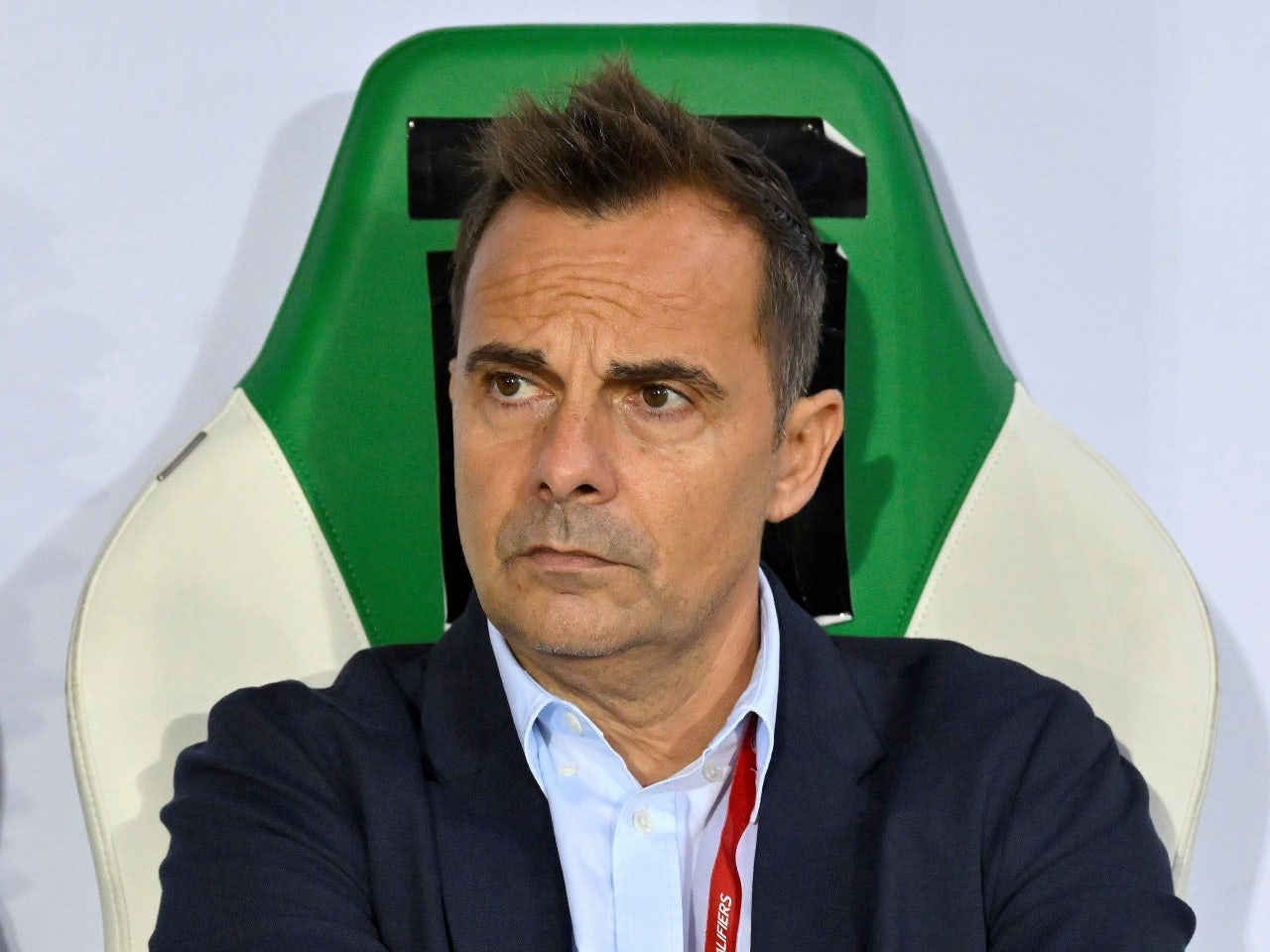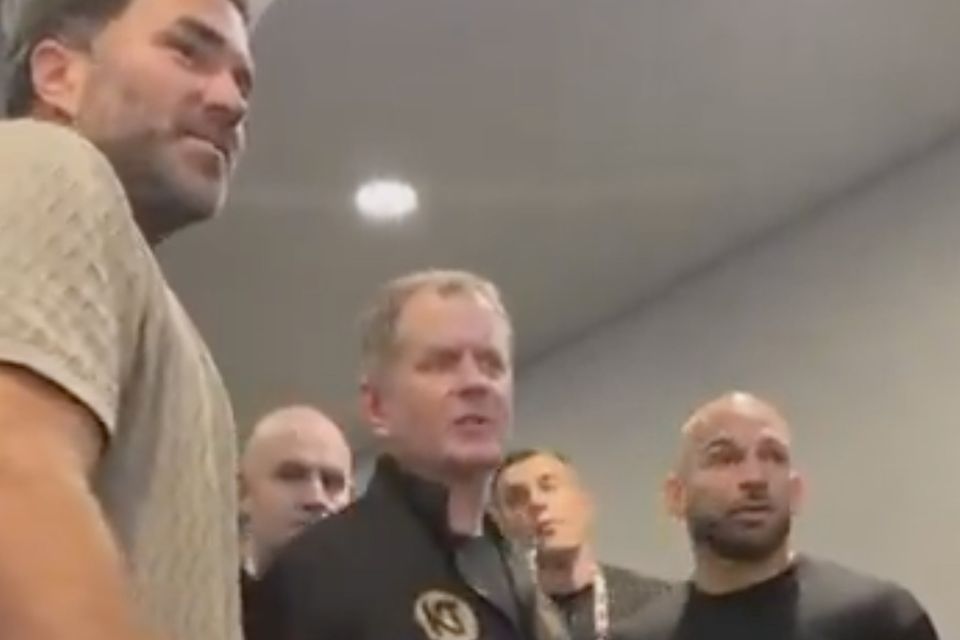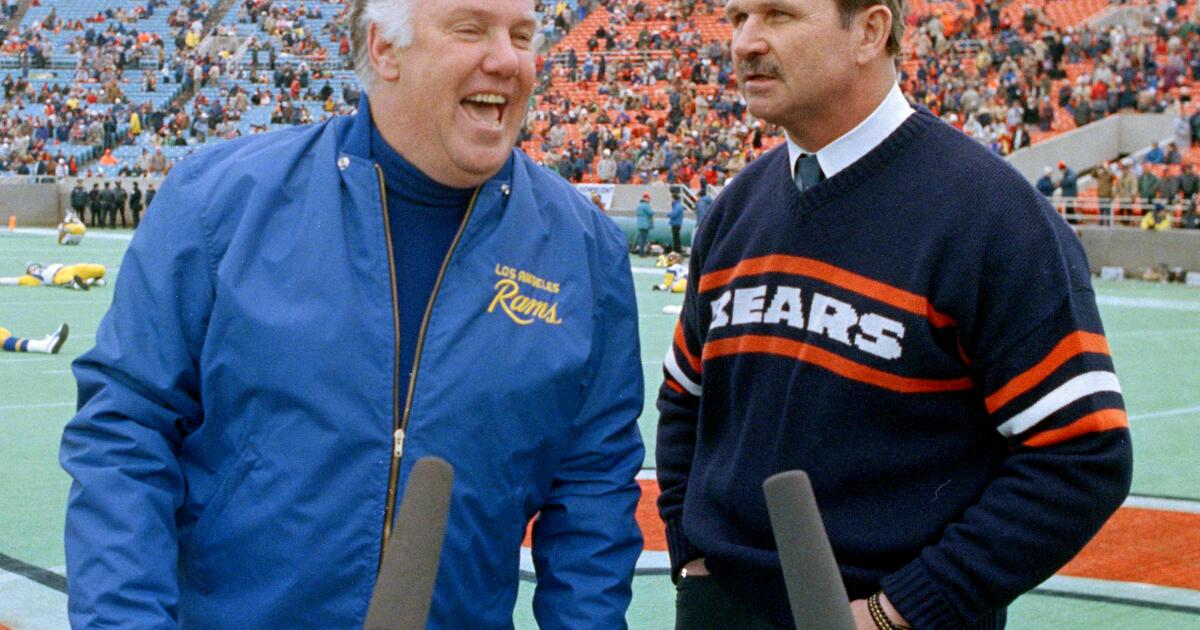
The backbone of the Patriots’ win over the Rams in Super Bowl LIII was not Tom Brady, nor Rob Gronkowski nor a timely field goal. It was a Bill Belichick master plan. That night in February 2019, the Patriots held one of the highest-scoring offenses in NFL history to three points by completing a total overhaul of their defense.
At Belichick’s direction, they abandoned their man-to-man identity and instead majored in two types of zone coverage. They also installed a new front that fundamentally challenged Los Angeles’ record rushing attack and shut it down. The Patriots stuck to these simple tenets from start to finish, putting the Rams in a headlock until they submitted by a final score of 13-3.
It was a stroke of genius, one that future Rams opponents copied the following season and eventually forced head coach and offensive whiz Sean McVay to alter his system. But before kickoff, Belichick’s plan inspired a soaring confidence in players who later admitted they hadn’t experienced the same belief in previous Super Bowl matchups with the Seahawks, Falcons and Eagles. But this time, victory felt assured.
Even Belichick sensed it. “We’re on it,” Belichick told defenders at practice that week. “We’re on it, we’re on it, we’re on it.
” Six years later, as the Patriots prepare to host the Rams again, there remains one outstanding secret of Belichick’s game plan. It was actually his plan B. The week before the Patriots flew down to Atlanta, site of Super Bowl LIII and several pregame meetings, media events and another week of practices, they ran a different game plan.
Originally, the coaching staff blended their traditional schemes with the newer concepts and coverages, and took this plan to the practice field. But with only a day or two before takeoff from New England, Belichick walked into a coaches meeting at team headquarters with a new directive. Scrap it.
“Bill came in,” Pats cornerbacks coach Mike Pellegrino remembered, “and really, kind of changed the page on that.” ‘That was a storyline that most people didn’t even pick up on,” added Patriots cornerback Jonathan Jones. “It happened basically the week of.
” In doing so, Belichick gave his assistants and defensive players minimal time to enact the changes. His idea was to build the entire plan out of the new stuff — running a 6-1 defensive front and early-down zone coverages — instead of treating them as changeups. “We took out damn near all the man-to-man calls,” former Patriots safety Devin McCourty said.
“Like, what you saw in the Super Bowl was what we ended up going to. I don’t remember how much zone we had in there, but after the change, I remember watching it and talking to Bill and him saying, ‘Do you think we can run this?’ ” His answer was a resounding yes. “The cool thing about that secondary was we didn’t budge.
We were like, ‘I get what you’re saying. F— it. Let’s do it,’ ” McCourty said.
“Let’s just go do this.” The keystone of Belichick’s plan was a younger Jones, who would bounce between nickelback and safety throughout the game. His combination of long speed and coverage skills allowed the Patriots to execute their chosen zone coverages on early downs: Cover 4, which requires two deep safeties to occasionally cover receivers 1-on-1, and a version of Cover 3 where Jones dropped toward the middle looking to cover deeper crossing routes the Rams loved to run.
During games, Jones made a home at nickelback, where he often matched with slot receivers in man-to-man coverage. In the preceding AFC Championship Game, for example, he shadowed ex-Chiefs speedster Tyreek Hill. But in practice, Jones dabbled at safety, jumping in with the scout-team defense when he could to get extra snaps.
“I think that showed coaches I can play safety, I can do those things. But it was really just me trying to go out there and get reps against Tom Brady,” Jones said this week with a smile. Jones remembers his position coach, ex-Patriots cornerbacks coach Josh Boyer, breaking the news a week before the Super Bowl.
“It was a last-minute decision to change the defense,” he said. “You get two weeks off to prepare, we ran one game plan for the first week, and then the coaches came in and said, ‘This is what we’re going to do.’ ” Belichick later explained the thinking behind his plan during a post-game interview with ESPN.
“We had to put together something that would neutralize the running game and their big play-action passes on early downs,” he said. “We felt like if we could make them drive it and earn it ..
. we would have a chance to get them off the field on third down.” In the Super Bowl, the Patriots did play man-to-man on third down, which allowed Jones and fellow cornerbacks Stephon Gilmore, a future Defensive Player of the Year, and J.
C. Jackson to do what they do best. But in order to reach third down, they had to simultaneously stop the Rams’ early-down passing attack and run game.
That meant Belichick had to relinquish a long-standing disdain for Cover 4, AKA quarters, a scheme that can commit as many as nine defenders to the run and defend against deep passes. That shift shocked longtime defensive veterans like McCourty. “(Belichick) hated quarters,” McCourty said.
“He’d much rather play Cover 2 than play quarters to get two high safeties. So to go into that with a week or so in the biggest game of the year, that was really rare for any New England team, and any team, really, to have a coach who trusts his guys to do something different, and for a coach to drop their ego like that, what we did in that Super Bowl, to me, wasn’t normal at all.” In Atlanta, the success Belichick’s plan generated in practice not only frustrated Brady and backup quarterback Brian Hoyer, but allowed the coaches to dial back the intensity more than they had before any other recent Super Bowl.
In fact, practices were so relaxed McCourty thinks they might have run their last one in sneakers. But if any player had a question about the new plan, Belichick had the same answer: study the Rams’ win at Detroit during the regular season. In 2018, the Lions had held the Rams down for three quarters under then head coach and ex-Patriots defensive coordinator Matt Patricia, who had also used a 6-1 front.
That helped lay the blueprint for Belichick’s pivot in the Super Bowl. What the Patriots did was supercharge that plan with better talent and a few tweaks. “Front to back, what Detroit did as a defense, fit what we were doing.
That was Bill’s preaching point,” McCourty said. “Turn on the Detroit game, watch it by yourself, watch it together. If you have a question, ask.
We know what they were doing.” By the time kickoff rolled around, the results were astounding. The Rams went scoreless in the first half, with six punts and two first downs.
“We were giving them problems,” Jones said. “And when we first started out, you could tell. Up front, we were stopping the run and just giving them problems everywhere else.
” Without a run game to lean on and his play-action passes all covered, Rams quarterback Jared Goff fell apart. Defensive play-caller Brian Flores delivered the knockout blow in the fourth quarter, calling an all-out blitz that led to Goff’s only interception: a pick Gilmore predicted on the sideline before grabbing in front of helpless Rams receiver Brandin Cooks. That blitz was the lone departure from a plan that 10 days earlier had hardly resembled how the Patriots originally planned to capture their sixth Super Bowl title.
Did Belichick’s changeup surprise the staff? “No,” Pellegrino said. “Because Bill.” Patriots coach Jerod Mayo has often referenced how he’s attempting to re-establish a winning culture in New England.
Asked Friday how he believes he’s succeeding in that effort, Mayo said: “It’s a work in progress. Anytime you’re trying to develop a culture, it takes a long time. I would also say culture is what you reward.
You saw a guy like (defensive tackle) Jeremiah Pharms, who at one point in his career played offensive line, but at the same time he’s a defensive lineman, and he goes out there and practices every day, hard. He’s going to get more and more snaps on the field. That’s what you reward, and that soon becomes your culture.
” “If nobody’s open, there’s always one person that’s open — the tuba player in row 4.” — Patriots offensive coordinator Alex Van Pelt on throwing the ball away.







_2024_11_16_20_07_30.jpg)






